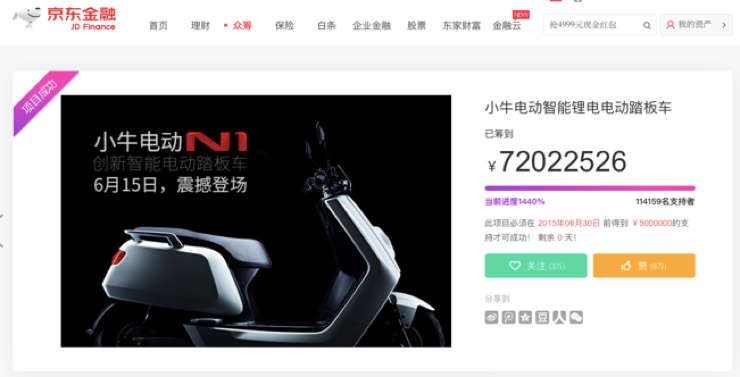In this post, I will continue to discuss the factors that contributes to the rise of board games in Asia.
On 31 August 2016, Kickstarter announced that the platform will be opened to creators from Singapore and Hong Kong. What does this mean for creators from these countries?
Kickstarter has made it easier for creators from Singapore and Hong Kong to launch projects from their home countries. In the past, creators outside of America and Canada needed at least a legal presence, bank account, and credit card in one of those countries and raise funds in those specific currencies. Unless if you have the funds and means to circumvent that, it has made launching a project on Kickstarter practically impossible for creators in Asia. The opening up of Asian proxies signifies the dawn of a new era of crowd funding in Asia, particularly Singapore and Hong Kong.
Let us explore some of the advantages crowdfunding has brought to the Asian board game ecosystem:
- The barrier to entry for designing and publishing a board game is significantly lowered for aspiring board game publishers in the region. Publishing a board game with the help of a crowdfunding campaign provides publishers with the required cash flow such that they do not have to fork out a huge sum of money out of their own pocket up front for the first print run. This is particularly helpful for project creators in more impoverished Asian countries. As a result, this has encouraged more aspiring board game publishers, like myself, to jump on the bandwagon of self-publishing a board game.
- Being geographically separated from the board gaming hotbeds in Europe and America, crowdfunding provides an avenue for engagement with the Asian board game community. This serves as an excellent opportunity for community building and extending the outreach to the Asian markets. This is also true for providing Asian publishers a platform for community building with the European and American communities. I have the privilege of having first-hand experience on this with my Kickstarter projects (Lawless Empire and Overbooked). The birth of the advanced rule in Overbooked was a direct consequence of soliciting feedbacks from the backers on our Kickstarter campaign.
- The hype and buzz that crowdfunding campaigns generates is essential in sustaining the vibrancy of the community. Not only is this manifested digitally, in localised board game forums and chat groups, but also in physical setups like retailers and meetup groups. It is much easier to sustain the scene in a vibrant community than in one that is less vibrant especially in Asian countries whereby board gaming is only beginning to pick up. Hence, crowdfunding provides the tonic that could sustain and even propel the Asian board gaming scene to greater heights.
- Crowdfunding platforms provide convenient one-stop shops as a form of alternative outlet to purchase board games. This has greatly enhanced the variety of games available to the community especially in Asian cities that do not offer great retail options due to language differences or weak retail presence.
Not having the crowdfunding privileges to that of Singapore and Hong Kong, China has taken matters into its own hands1. Rather than waiting and relying on Kickstarter to break down the political wall before opening up its door, Chinese companies have developed their own crowdfunding clones similar to what we have witnessed in every successful tech product in the West such as Amazon, Twitter and Whatsapp being cloned into Taobao, Weibo and Wechat respectively.
Though it has been a few years since crowdfunding has reached the Chinese shores, the maturity of the Chinese crowdfunding ecosystem has not reached a level that can be compared to that of its Western counterparts. However, the Chinese population has gradually adopted and embraced the idea of crowdfunding.
Let’s look at some fun facts regarding Chinese crowdfunding:
- The highest crowdfunded project in China: An electric scooter which is funded in excess of RMB72 million (US$11 million). This is slightly more than half of the most funded project on Kickstarter, Pebble Time, which was funded in excess of US$20 million. The time periods of both projects are in the same year (2015) which serves as excellent references for comparison.

- The most funded tabletop game project that I have come across is an auction game of Chinese antiques which was funded at around US$76,000. This is not exactly comparable to the Kickstarter campaign of Kingdom Death: Monster 1.5 (US$12 million), the most funded tabletop game on Kickstarter.

- In China, you can crowdfund pretty much anything including equity, debts and property development. Here’s a project selling equity to a chicken farm:

Although crowdfunding is not a new concept in Asia, it is only starting to be widely adopted in the Asian board game communities in recent years. This upward trend is boosted by Kickstarter’s decision to open up its door in Singapore and Hong Kong, and China banging together her very own ecosystem for crowdfunding. With these contributing to the golden age of gaming, it is a game which everyone wins.
- Though Hong Kong is part of China, Kickstarter has not open up in Mainland China.






